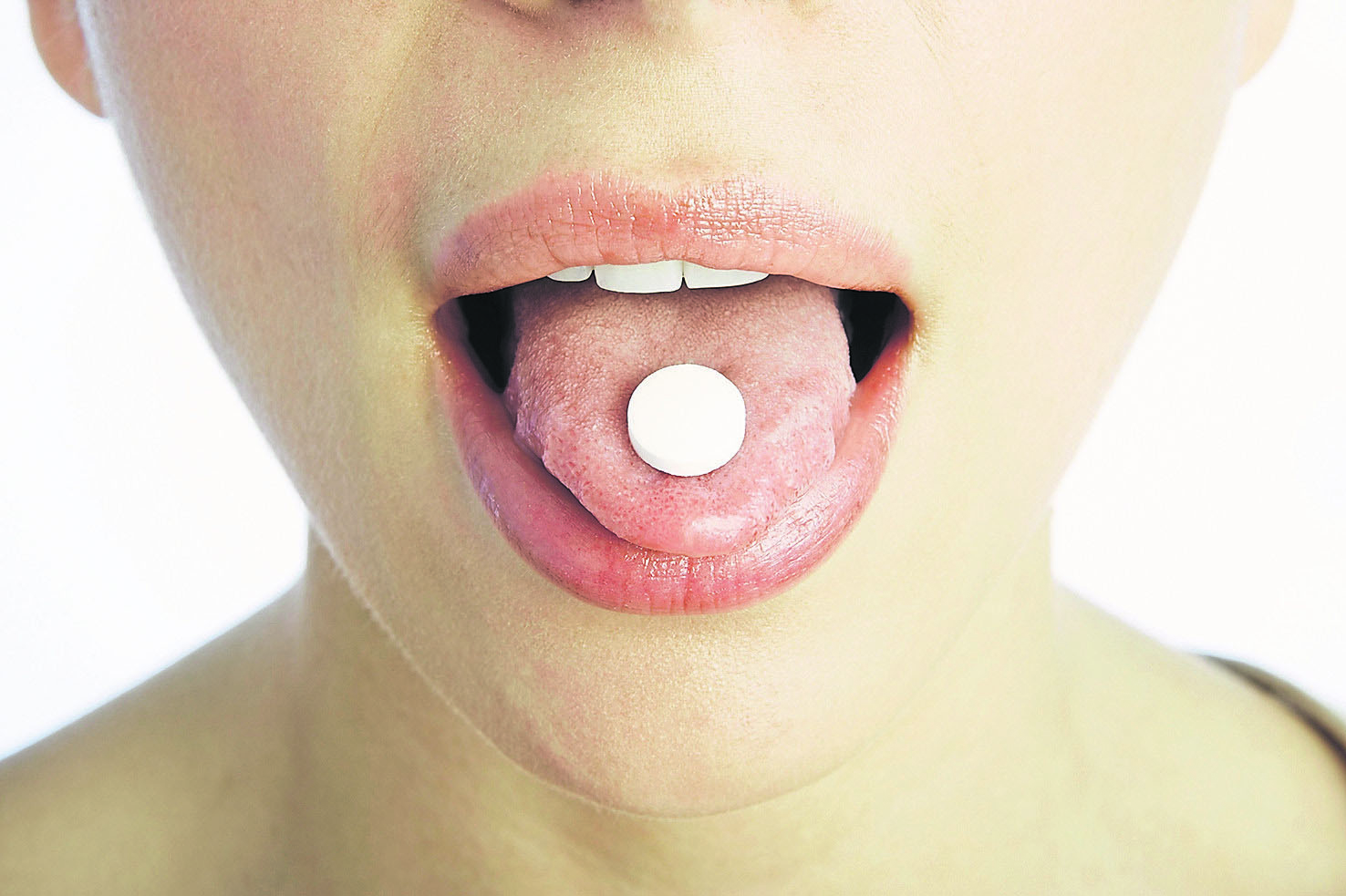One in six Kingston University students have admitted to using recreational or over the counter drugs to aid their academic performance, according to a River survey of over 100 students.
“Study drugs”, as they are commonly known, are a variety of prescription stimulants used to treat ADHD, with effects that enhance the concentration of the user.
However, according to the survey findings, over half of those taking drugs to improve their academic performance are using class A drugs instead.
One anonymous student said: “I am constantly stressed and behind on my coursework, cocaine helps me stay awake and concentrate…sometimes it is the only thing that helps.”
While prescription stimulants such as Adderall and Ritalin are widely recognised as safer and more effective in improving concentration than class A stimulants like cocaine, they are still damaging if abused and are only legally obtainable through a GP’s prescription.
An anonymous student said: “I rarely see dealers offering prescription drugs, but when they do I am more reluctant to buy them. Strangely, I feel safer buying cocaine.”
According to figures from the National Crime Agency, cocaine use in London has more than doubled in the last five years, with around 200,000 doses being taken every day in the capital alone.
“It’s so easy to get coke in London, its everywhere. If I don’t have any, one of my flatmates probably will, so it’s an easy option if I need to stay awake,” said an anonymous student.
The long-term effects of prolonged exposure to amphetamines such as cocaine are severe, ranging from mood swings and insomnia to heart damage and addiction.
The survey found that Kingston students are not only using class A’s and “study drugs” to aid their academic performance, they are also using hallucinogenic and psychoactive drugs such as Lysergic acid diethylamide (LSD) and marijuana to aid creativity in arts courses.
LSD (acid) is a psychoactive compound usually sold in tiny amounts on blotter paper with effects that leave the user energised and causes hallucinations.
One anonymous art student said: “I drop acid when I can’t think of new ideas for projects, it’s a bit of a cliche but it really opens my mind; I’ve made my best work on acid.” They added: “People have been taking psychedelics to inspire their art since the 60’s, some of the best pieces of art and music came from it, why not me too.”

